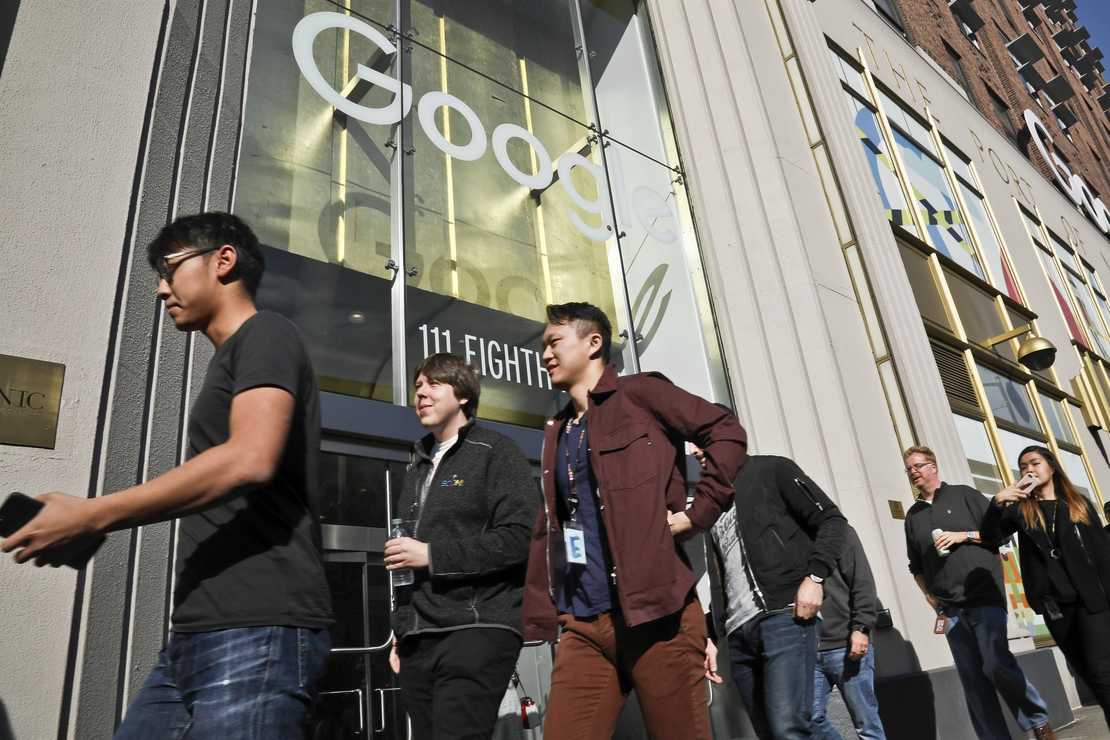
Last summer, someone set fire to a home in Denver, Colorado, leading to the deaths of five members of a Senegalese immigrant family. With few initial leads, the police didn’t have much to go on in terms of identifying the arsonist. But after the investigation rolled out, law enforcement eventually arrested a 17-year-old male and two of his friends who are being charged as adults and awaiting trial. But the attorney for the unnamed 17-year-old is asking that the charges be thrown out and for their client to be released. They claim that law enforcement used an unconstitutional method to identify the suspect when they asked Google to provide a list of users who had performed searches on the address of the home in the weeks leading up to the fire. Privacy advocates are weighing in on the case, saying that Google should not be exposing people’s search histories in this fashion. (NBC News)
A teen charged with setting a fire that killed five members of a Senegalese immigrant family in Denver, Colorado, has become the first person to challenge police use of Google search histories to find someone who might have committed a crime, according to his lawyers…
In documents filed Thursday in Denver District Court, lawyers for the 17-year-old argue that the police violated the Constitution when they got a judge to order Google to check its vast database of internet searches for users who typed in the address of a home before it was set ablaze on Aug. 5, 2020. Three adults and two children died in the fire.
That search of Google’s records helped point investigators to the teen and two friends, who were eventually charged in the deadly fire, according to police records. All were juveniles at the time of their arrests. Two of them, including the 17-year-old, are being tried as adults; they both pleaded not guilty. The defendant in juvenile court has not yet entered a plea.
READ RELATED: LAPD task force says surge of follow-home robberies caused by 17 gangs targeting the wealthy
The attorney is claiming that a review of billions of searches using Google when the police hadn’t identified a suspect is a violation of the Fourth Amendment proscription against unreasonable searches. But is it really?
When police are running into a brick wall while investigating a crime and no likely suspects emerge, they will resort to many tedious methods of developing a lead. We’ve reviewed cases here where police who can’t identify a likely suspect have reviewed security camera footage to get the license plate numbers of every car that passed the scene of a crime and just started interrogating all of the drivers. Using a method like that, you’re going to wind up talking to a lot of people who had nothing to do with the original crime, but if the search turns up a suspect, what’s the harm? It seems like the same theory would apply to a sweeping Google search.
Of course, all of the smart criminals are probably using DuckDuckGo when planning their crimes. But not all of them do. We already know that Google records your search history and uses it to target you for certain advertisements that might be related to your recent searches. That’s extremely annoying, but it’s apparently part of the price we pay for using their service for free. (If you’re getting something for “free” on the internet, you are the product.)
As bothersome as Google’s intrusive practices may be, I’m just not sure that this situation falls under the unreasonable search clause. They weren’t searching the browsing history of one particular person without reasonable cause. They were looking for a catalog that might help them identify potential suspects. The type of searches they conducted after a list of suspects turned up would be worthy of examination, but asking Google for a list really wasn’t even a “search” in this regard. It was just a starting point.
Source:






